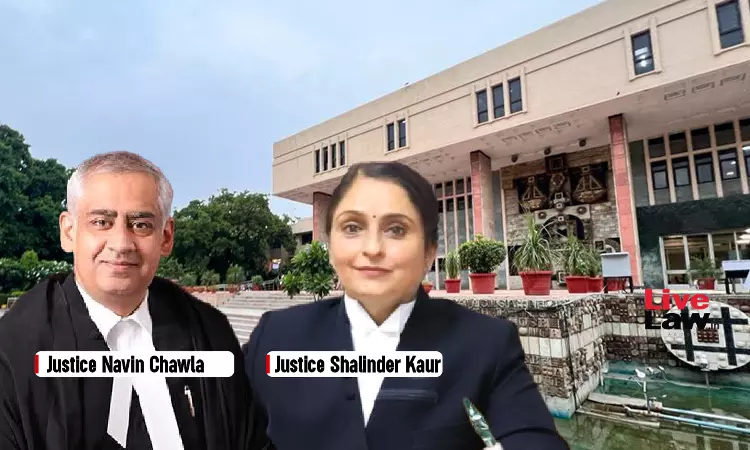Arbitrary Downgrading Of Military CRs Without Cogent Reasoning Violates Procedural Guidelines: Delhi HC
Pranav Kumar
1 Nov 2024 12:30 PM IST

Next Story
1 Nov 2024 12:30 PM IST
The Delhi High Court: A Division Bench comprising Justice Navin Chawla and Justice Shalinder Kaur partially allowed a petition challenging biased Confidential Reports (CRs) of an Army officer. The court found that the downgrading of Brigadier Gopal Mohan Atri's ratings by superior officers was arbitrary and inconsistent with his service record. Emphasizing the need for objective...
